Στις σύγχρονες επιχειρήσεις η εργασιακή σκλαβιά επανήλθε λουστραρισμένη, αλλάεξίσου εξοντωτική.
Η μοίρα του σπουδασμένου εργαζόμενου είναι δυσμενέστερη απότου αγράμματου εργάτη.
Ο πραγματικός πλούτος της χώρας παράγεται στο χωράφι και στο εργοστάσιο· γι' αυτό οι αγρότες και οι εργάτες δεν διανοήθηκαν ποτέ να επικαλεστούν κάποια νεφελώδη ιδεολογήματα για τη δουλειά τους.
Η προσφορά τους είναι αυταπόδεικτη.
Αντιθέτως, οι απασχολούμενοι στον τριτογενή τομέα, των υπηρεσιών, δεν αρκούνται στην υψηλότερη αμοιβή που εισπράττουν· αγωνιούν να δώσουν και ανώτερο νόημα σ' αυτό που κάνουν.
Το επάγγελμα έγινε ιδεολογία.
Ο καλώς εννοούμενος επικερδής χαρακτήρας του αποσιωπάται συστηματικά και προβάλλεται κατά κόρον σαν ζωτική ωφέλεια για το κοινωνικό σύνολο.
Οιχρηματιστές κόπτονται για την "ανάπτυξη", οι διαφημιστές μοχθούν για την"επικοινωνία", οι ασφαλιστές χτίζουν την "ασφαλιστική συνείδηση" κ.ο.κ .
Εξ ου και το καταγέλαστο ορισμένων ότι ασκούν λειτούργημα.
Η κοινωνία, που διευθύνεται από τους εγγράμματους, έχει περί πολλού αυτά τα επαγγέλματα και περιφρονεί εξόφθαλμα τον αγρότη και τον εργάτη.
Απόδειξη, ότι τους αμείβει με τα χαμηλότερα των εισοδημάτων και τους επιφυλάσσει πενιχρές συντάξεις και ανεπαρκέστατη υγειονομική περίθαλψη.
Ουδείς ζηλεύει τη μοίρα τους.
Οι νέοι ονειρεύονται να σπουδάσουν για να κάνουν καριέρα σε κάποια από τιςμοντέρνες και αστραφτερές δουλειές. Αυτές έχουν πέραση· προσφέρουν υψηλέςαμοιβές και απείρως υψηλότερο κοινωνικό στάτους.
Δεν υποψιάζονται καν πως η καριέρα είναι η δική τους κοιλάδα των δακρύων.
Για να πετύχεις σ' αυτές τις δουλειές, το παν είναι να ξέρεις να πουλάς τον εαυτό σου.Να είσαι αυτό που επιθυμεί ο άλλος να είσαι.
Αλλού σε θέλουν τολμηρό και επιθετικό και αλλού μετρημένο και αξιόπιστο.
Οι απαιτήσεις αλλάζουν ανάλογα μετον κλάδο· άλλο σέιλς κι άλλο φαϊνάνς.
Αυτή την κωμωδία του αγκρέσιβ ή τουριλάιαμπλ δεν θα σταματήσεις ποτέ να την παίζεις· αυτή θα σε κρατάει στη δουλειά.
Επίσης, από τη μέρα που θα εισέλθεις σε κάποιον κλάδο, θα πρέπει να ασπαστείς και τις ιδεοληψίες του· σαν να μυείσαι σε θρησκευτική αίρεση.
Ο κλάδος υπεράνω όλων.***
Είναι ο ιερός δεσμός που προστατεύει και ανυψώνει τα μέλη του, ασχέτως τωνεσωτερικών ανταγωνισμών. Με αυτή τη συντεχνιακή αντίληψη της χειρίστης μορφής οι "συνάδελφοι" θωρακίζουν την επαγγελματική τους ιδιότητα και διεκδικούν από την κοινωνία διαρκώς και νέα προνόμια.
Μαζί με την είσοδο στην αγορά εργασίας των νέων επαγγελμάτων εισήχθη και η δυτική νοοτροπία του ολοκληρωτικά αφοσιωμένου στη δουλειά του προτεστάντη.
Ο χρόνος που αφιερώνουν οι υπάλληλοι στην εταιρεία είναι τρομαχτικός.
Στις σύγχρονες επιχειρήσεις η εργασιακή σκλαβιά επανήλθε λουστραρισμένη, αλλά εξίσου εξοντωτική.
Η μοίρα του σπουδασμένου εργαζόμενου είναι δυσμενέστερη απότου αγράμματου εργάτη.
Το καθορισμένο ωράριο θεωρείται παρωχημένη αντίληψη, και η αμοιβή για υπερωρίες είναι αδιανόητη.
Οι υπάλληλοι δουλεύουν εντυπωσιακά περισσότερες ώρες από τις προβλεπόμενες από τον νόμο, απασχολούνται Σαββατοκύριακα και αργίες χωρίς την ανάλογη αμοιβή.
Τα εξοντωτικά 12ωρα και 14ωρα δουλειάς είναι νον στοπ.
Η μεσημβρινή σιέστα έχει τεθεί πλέον και στη χώρα μας υπό διωγμόν· κατάντησε μομφή. Λένε "αυτός κοιμάται μεσημέρι" εννοώντας πως είναι εκτός πνεύματος· εν ολίγοις ακατάλληλος.
Αν οι επιστήμονες μπορούσαν να καταθέσουν δημοσίως για τις ευεργετικέςιδιότητες του μεσημβρινού ύπνου, θα είχε καταρρεύσει προ πολλού το δυτικόεργασιακό μοντέλο.
Ο ύπνος του μεσημεριού είναι βάλσαμο για την ψυχική και τη σωματική μας υγεία και, εννοείται, συμβάλλει καίρια στη μακροβιότητα.
Είναι κατάπολύ πιο απαραίτητος και ζωογόνος από όλες τις "χελθ" βιταμίνες, τα "σπα" και τις λοιπές τεχνικές στήριξης του ανθρώπινου οργανισμού.
Ο ευπρεπής μισθός και ίσως κάποιο ετήσιο μπόνους που παρέχουν οι εταιρείες στα μοντέρνα εργατόσκυλα δεν αντισταθμίζουν τις ατελείωτες ώρες πρόσθετης δουλειάς.
Γι' αυτό υπάρχουν συνήθως και κάποιες έξτρα παροχές κολακείας· το ωραίο γραφείο
(με παράθυρο ή όχι, ανάλογα με τη θέση σου στην ιεραρχία της επιχείρησης)
και κάποιοι φανταχτεροί τίτλοι, που ουσιαστικά δεν σημαίνουν τίποτα. ***
Προβιβάζεσαι σε εξέκιουτιβ, σίνιορ εξέκιουτιβ, κοoρντινέιτορ, σουπερβάιζορ, νταϊρέκτορ,
βάις πρέζιντεντ, τσιφ, μέλος του εξέκιουτιβ μπορντ και άλλα του σωρού και χωρίς νόημα.
Η μακροβιότητα της καριέρας σε μια σύγχρονη εταιρεία κρίνεται από δύο βασικά στοιχεία: την όλο και μεγαλύτερη "τρέλα" για δουλειά και το λόγιαλτι (τηνπιστότητα) στην εταιρεία και στους στόχους της.
Επίσης, είναι απαραίτητο να συμμεριστείς κάποιες νέες "αξίες".
Όπως το σχιζοφρενικό "άλλο δουλειά κι άλλο φιλία", λες κι ο άνθρωπος μπορεί να κάνει αναστολή αισθημάτων.
Ή το δόγμα ότι με κάθε θυσία πρέπει να φέρεις σε πέρας τη δουλειά που σου ανέθεσαν.Όλα αυτά καλύπτονται με την πρόστυχη στρεψοδικία του σωστού "επαγγελματία".
Που σημαίνει ότι, προκειμένου να γίνει η δουλειά σου, όλα επιτρέπονται·
η δουλειάπροηγείται κάθε ανθρώπινου αισθήματος· φιλία, αγάπη, δίκιο, κατανόηση είναι δευτερεύοντα.
Λένε "είμαι προφέσιοναλ" κι αυτό τα εξηγεί όλα.
Κι ο Αλ Καπόνε "προφέσιοναλ" ήτανε.
Μάλιστα, οι νέοι επαγγελματίες διηγούνται εμφατικά το παράδειγμα του Ωνάση που φιλοξενούσε έναν φίλο του, επίσης εφοπλιστή, στη θαλαμηγό του.
Ενώ έπαιζαν τάβλι, ο άλλος του αποκάλυψε χαρούμενος πως έδωσε εντολή αγοράς δύο πλοίων που μόλις είχαν βγει προς πώληση.
Ο Ωνάσης δεν φάνηκε να δίνει σημασία στην πληροφορία· συνέχισαν το παιχνίδι,
μα κάποια στιγμή σηκώθηκε, να πάει στην τουαλέτα, και άργησε λίγο.
Όταν επέστρεψε,ξανάπιασε τα ζάρια και είπε χαμογελαστός στον φίλο του πως τα πλοία που του είχε αναφέρει τα αγόρασε μόλις πριν ένα λεπτό εκείνος.
Αυτόν τον κτηνώδη αμοραλισμό εννοούν όταν λένε "είμαι προφέσιοναλ".
Το πλέον ψυχοφθόρο για τον εργαζόμενο είναι πως πρέπει να δίνει κάθε μέρα εξετάσεις.
Τα σύγχρονα επαγγέλματα έχουν υψηλό βαθμό ανασφάλειας σε σχέση μετα παραδοσιακά. Και απείρως σκληρότερο ανταγωνισμό·
τόσο εξωτερικό, από άλλες ομοειδείς εταιρείες, όσο και εσωτερικό, από άλλους καπάτσους που εποφθαλμιούν την ίδια θέση.
Ακόμη και το υψηλόβαθμο στέλεχος δεν αισθάνεται σιγουριά· πάει έναπρωί, και χωρίς καμία προειδοποίηση βρίσκει το γραφείο του στον διάδρομο.
Δυστυχώς στην ίδια λούμπα έπεσαν και οι γυναίκες.
Μέχρι πρόσφατα δεν επιδείκνυαν την ολοκληρωτική αφοσίωση των αντρών στη δουλειά τους.
Ως όντα πιο πολύπλοκα, αισθαντικά και ερωτικά, έδιναν μεγαλύτερη σημασία στα αισθήματα και στις χαρές της ζωής.
Γι' αυτή την ανεξαρτησία τους η κοινωνία τις φιλοδώρησε εκδικητικά με σωρεία κατηγοριών· άπιστες, ελαφρόμυαλες, ανεύθυνες, γλωσσούδες κ.λπ.
Η χαρά και ο ερωτισμός δεν συγχωρούνται στην παραγωγή.
Τελευταίως μάλιστα, αν αποπειραθείς στη δουλειά ένα πονηρό αστείο, κάποιο υπονοούμενο, καραδοκεί η εξευτελιστική κατηγορία της "σεξουαλικής παρενόχλησης".
Αυτό κι αν είναι ευνουχισμός· σημαίνει "όσοι περάσετε αυτή την πόρτα αφήστε έξω το φύλο σας".
Οι γυναίκες, στην προσπάθειά τους να κατακτήσουν ένα ακόμη αντρικό οχυρό,γίνονται κι αυτές "προφέσιοναλ" θύματα.
Τυπικές, σοβαρές, με πολυάσχολο ύφος,ασέξουαλ ντύσιμο, κάτι σκούρα ταγιέρ σαν αντρικά κουστούμια, λευκό πουκάμισο και απομίμηση γραβάτας.
Έσβησε το χαμόγελο, το σκέρτσο και το παιχνίδισμα, που τις έκαναν αξιολάτρευτες.
Έχασαν το πλεονέκτημα της ζωής που είχαν έναντι των εξουθενωμένων από τηδουλειά αντρών.
Ο
Γκι Ντεμπόρ το έγραψε με συνταρακτική απλότητα: "Μόνο όσοι δεν δουλεύουν ζουν".
Στο πίσω μέρος του κεφαλιού μας όλοι ξέρουμε ότι στον κόσμο δεν ήρθαμε για να κάνουμε καριέρα, λεφτά και όνομα· ήρθαμε πρωτίστως για να ζήσουμε και, ει δυνατόν, να αφήσουμε αυτόν τον κόσμο λίγο καλύτερο απ' ό,τι τον βρήκαμε.
Αλλά δεν ζούμε.
Κι αυτό μας τρελαίνει.
"Το άγχος, το στρες, ο φόβος, η ντροπή, η περιφρόνηση, η επιθετικότητα, η θέληση της δύναμης γεννιούνται από μια καταπιεσμένη θέληση για ζωή".
Με την πιο κοινή λογική, όσες ώρες δουλεύεις, άλλες τόσες πρέπει να έχεις ελεύθερες για να χαρείς αυτά που έβγαλες.
Όμως ο νέος άνθρωπος σπαταλά όλο τον χρόνο του, την ευφυΐα, την εφευρετικότητα και τις εμπνεύσεις του υπέρ της καριέρας του και όχι της ζωής του.
Ο ψυχισμός του μολύνεται από αυτό το δηλητηριώδες αλισβερίσι.
Φυσικώ τω τρόπω, το εξέκιουτιβ τερατάκι γραφείου θα μεταφέρει μακάβρια το πάρε δώσε και στις προσωπικές τουσχέσεις:
"Αυτά έκανα για σένα, περιμένω ανταπόδοση".
Μοιραία οι λαμπρές καριέρες είναι πυραμίδες που θεμελιώνονται πάνω σε προσωπικές και οικογενειακές τραγωδίες.





 It's a good representation of what the band sounded like in its second incarnation, when they were still establishing themselves outside of England. The group had still not reached — or even approached — its progressive rock period, and the sound is very stripped down, a pounding mix of hard rock, acoustic folk music, jazz elements, and
It's a good representation of what the band sounded like in its second incarnation, when they were still establishing themselves outside of England. The group had still not reached — or even approached — its progressive rock period, and the sound is very stripped down, a pounding mix of hard rock, acoustic folk music, jazz elements, and  HISTORY
HISTORY The group played a number of festivals that summer, including the Newport Jazz Festival. Their next album,
The group played a number of festivals that summer, including the Newport Jazz Festival. Their next album, 
 Set List Includes:
Set List Includes:  History
History , a subsidiary company of
, a subsidiary company of  Ten Years After released "Love Like a Man," their only hit in the
Ten Years After released "Love Like a Man," their only hit in the  At The Beat Club , Germany
At The Beat Club , Germany



 Jorma Kaukonen (Solo-Acoustic)2/04/197 8Old Waldorf - San Francisco, Ca.
Jorma Kaukonen (Solo-Acoustic)2/04/197 8Old Waldorf - San Francisco, Ca. Show Notes: Very relaxed acoustic show. Very intimate setting with about 30-40 fans. Flanger used on several cuts. Next to perfect sound quality. Late Show. To my knowledge no other sources exist.
Show Notes: Very relaxed acoustic show. Very intimate setting with about 30-40 fans. Flanger used on several cuts. Next to perfect sound quality. Late Show. To my knowledge no other sources exist.






.jpg)


 The song, about the Illinois Central's City of New Orleans train, would become an American standard, covered by such musicians as
The song, about the Illinois Central's City of New Orleans train, would become an American standard, covered by such musicians as  In 1974, singer
In 1974, singer  Death
Death

 by david callinan :
by david callinan :




 And Then...Along Comes the Association was the first album by
And Then...Along Comes the Association was the first album by  Beginnings
Beginnings The ASSOCIATION, Bucknell University, December 10, 1968 (byRon Karr)
The ASSOCIATION, Bucknell University, December 10, 1968 (byRon Karr)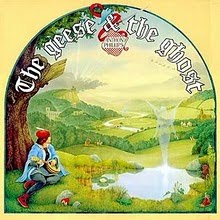

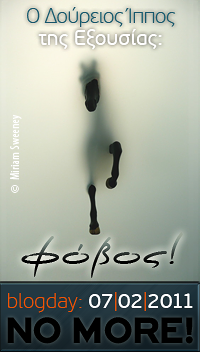
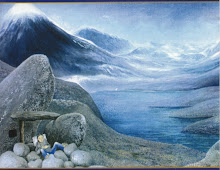

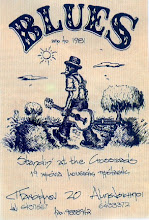
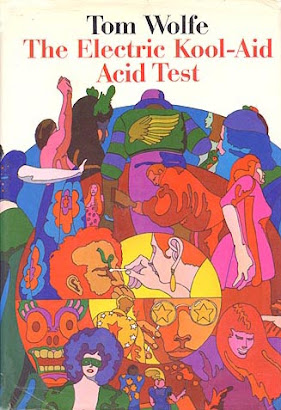
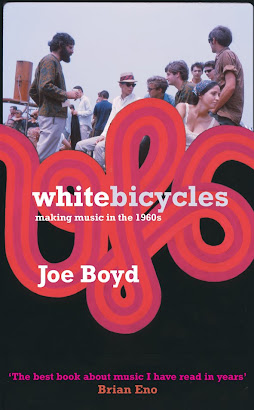
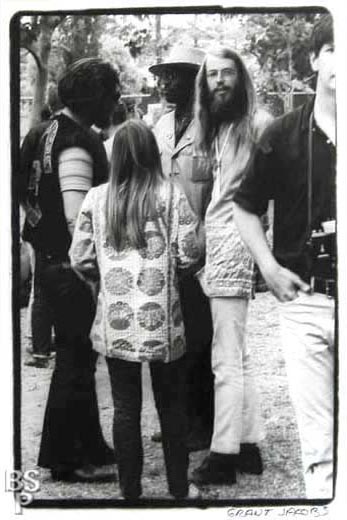
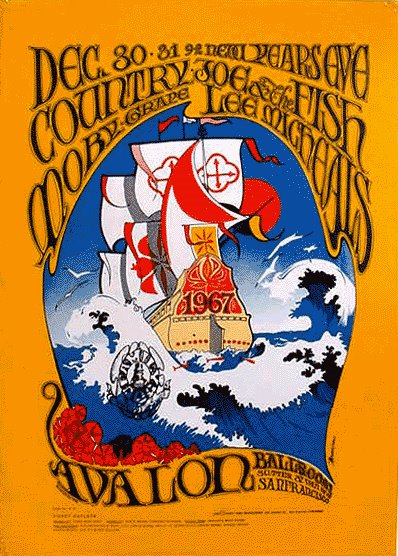
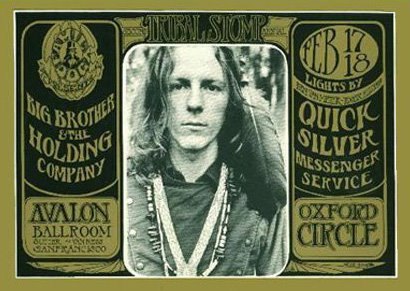
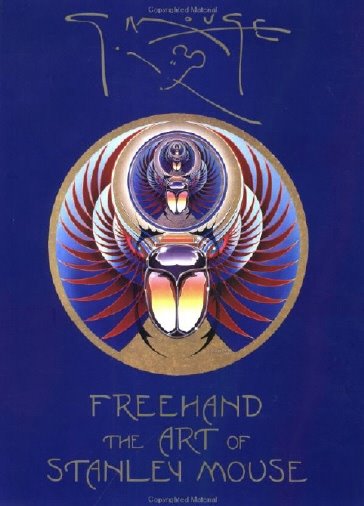.jpg)




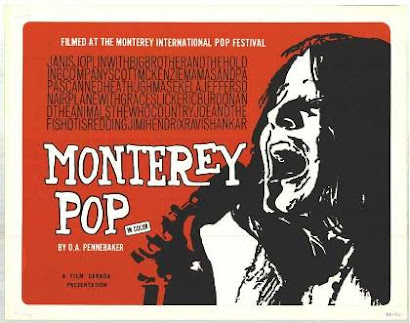
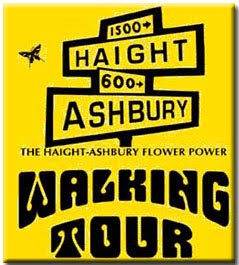
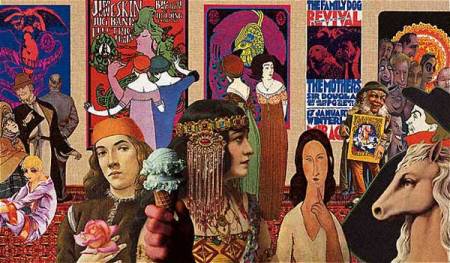.jpg)
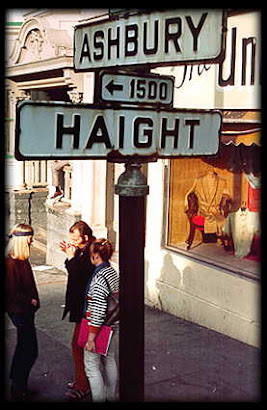
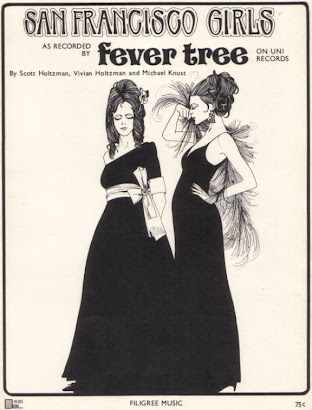
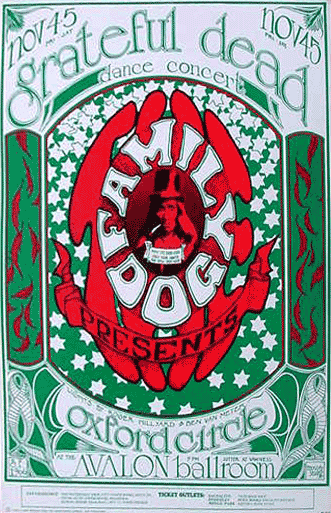
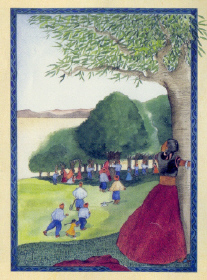
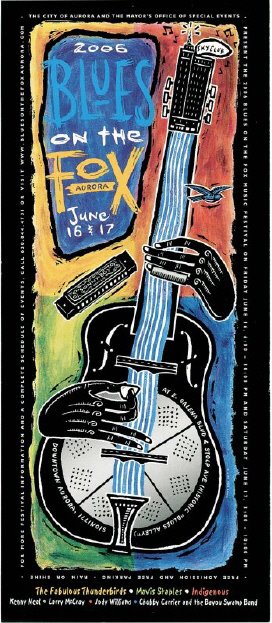
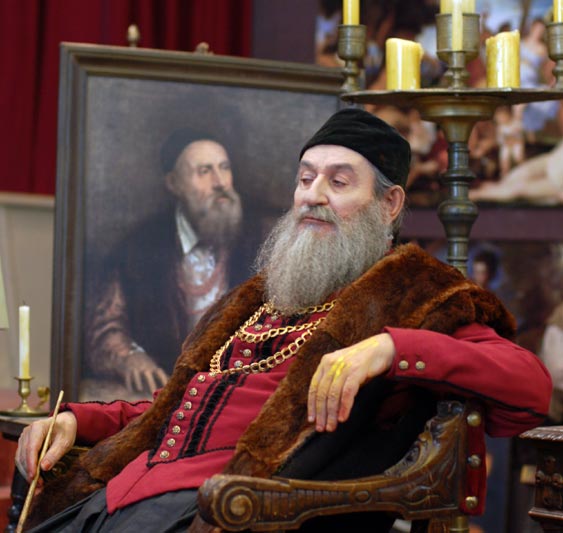
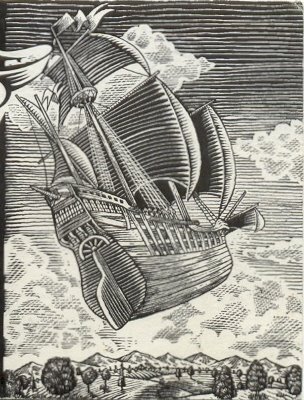
































































































.jpg)


































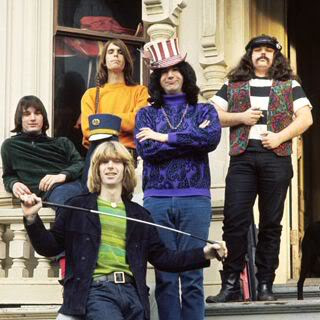





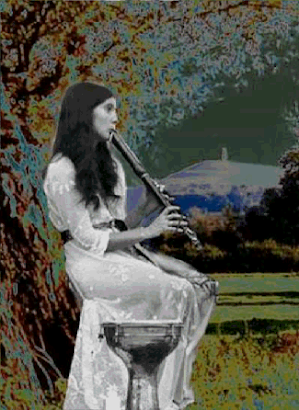









.jpg)


































.jpg)






